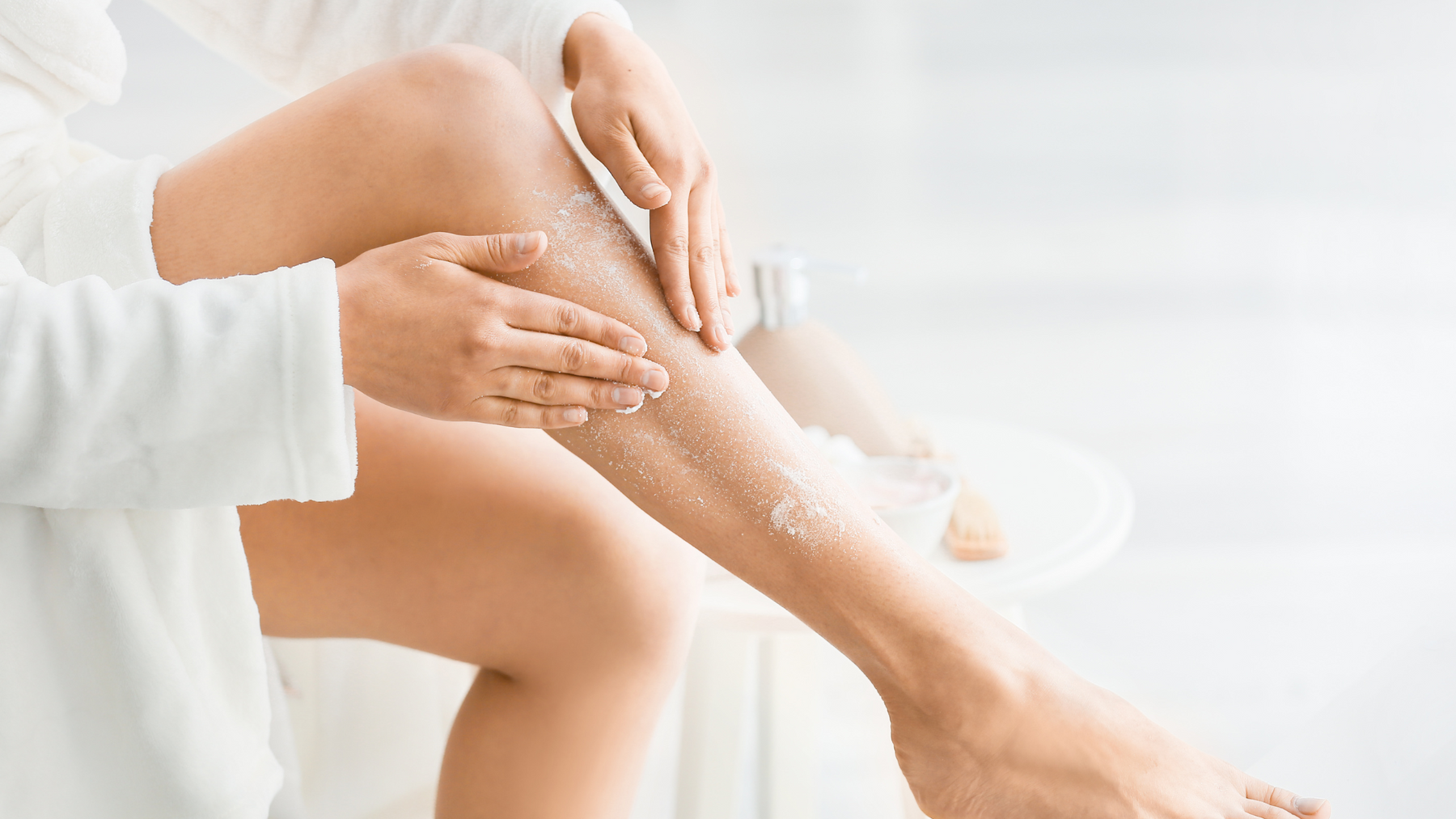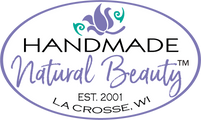
The Secret to Soft Skin: Exfoliation Techniques for the Bath
Having soft, smooth skin isn’t just a matter of aesthetics—it’s also a sign of good health. Regular exfoliation is key to maintaining healthy skin as it removes dead skin cells that can clog pores and cause dullness. The bath is an ideal setting for a thorough exfoliation because the warm water softens the skin, making it easier to slough off dead cells. In this article, we’ll explore various exfoliation techniques that can be incorporated into your bath routine to help you achieve the softest skin possible.
Why Exfoliate?
Exfoliation is essential for several reasons:
- Removes Dead Skin Cells: This encourages the regeneration of new, healthy skin cells.
- Prevents Acne: By clearing away dead skin and other impurities, it helps to keep pores from becoming clogged.
- Enhances Skin Hydration: Removing the outer layer of dead skin cells enhances the skin’s ability to absorb moisturizers.
- Boosts Circulation and Lymphatic Drainage: The physical action of exfoliating stimulates blood flow and aids in lymph drainage.
- Improves Overall Texture and Tone: Regular exfoliation can help to smooth rough areas and even out skin pigmentation.
Exfoliation Techniques for the Bath
Here are some effective ways to incorporate exfoliation into your bath time:
-
Dry Brushing Before the Bath Before you even step into the tub, consider dry brushing. This technique involves using a dry, natural-bristle brush to gently brush the skin in long strokes toward the heart. It not only removes dead skin cells but also stimulates circulation, contributing to overall skin health and vitality.
-
Using an Exfoliating Scrub Create a DIY scrub or purchase a natural body scrub to use in the bath. Ingredients like sugar, salt, or finely ground coffee are popular for their abrasive properties which help slough off dead skin cells. Combine these with a hydrating oil like coconut, almond, or jojoba oil to moisturize the skin simultaneously. Massage the scrub into your skin in circular motions, focusing on rough areas like elbows and knees.
-
Chemical Exfoliants For those who prefer a less abrasive method, chemical exfoliants like alpha-hydroxy acids (AHAs) or beta-hydroxy acids (BHAs) can be effective. These can be found in certain bath products like bath milks or soaks that contain ingredients such as lactic acid, glycolic acid, or salicylic acid. These acids help to dissolve the bonds between dead skin cells, making them easier to rinse away.
-
Loofahs and Exfoliating Gloves Tools like loofahs, exfoliating gloves, or washcloths can be used to enhance the physical exfoliation process. These tools help to mechanically remove dead skin cells when used with a body wash. Be gentle to avoid skin irritation, especially on sensitive skin.
-
Follow Up with Moisturization After your bath, it’s important to lock in moisture. Pat your skin dry with a towel and apply a rich body lotion, butter, or oil while your skin is still slightly damp to ensure maximum absorption. This will help to keep your newly exfoliated skin hydrated and soft.
Tips for Safe Exfoliation
- Frequency: Over-exfoliation can damage the skin, leading to redness and sensitivity. Depending on your skin type, exfoliating 2-3 times a week is generally sufficient.
- Be Gentle: It’s important to be gentle with exfoliation to avoid damaging the skin. Use light pressure and soft, circular motions.
- Choose the Right Products: Always choose exfoliants that are appropriate for your skin type. If you have sensitive skin, opt for milder exfoliants and use them less frequently.
Incorporating these exfoliation techniques into your bath routine can transform the texture and appearance of your skin, leaving it glowing, soft, and healthy. Remember that consistency is key when it comes to skincare. By regularly removing dead skin cells, you’ll help your skin look its best day after day.

